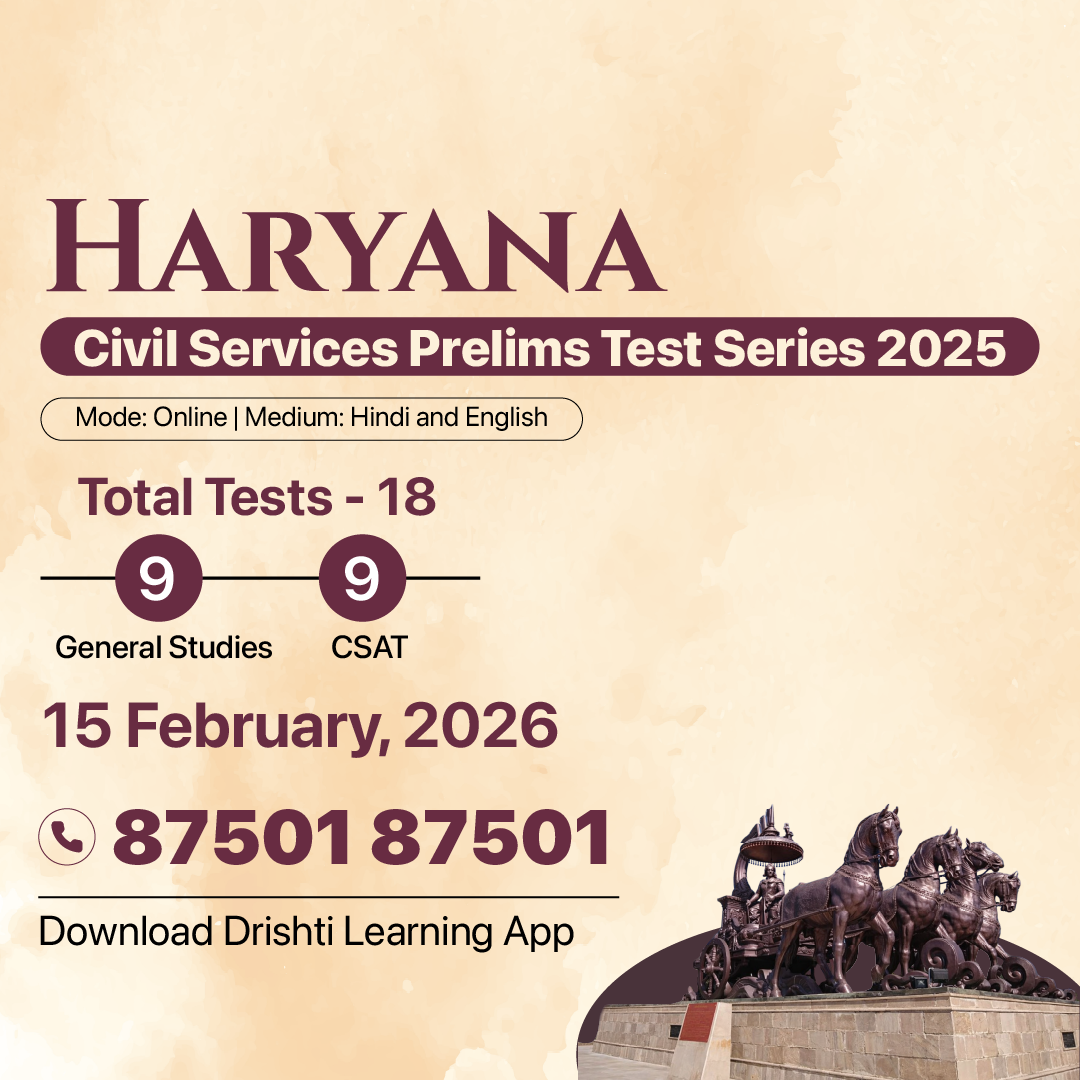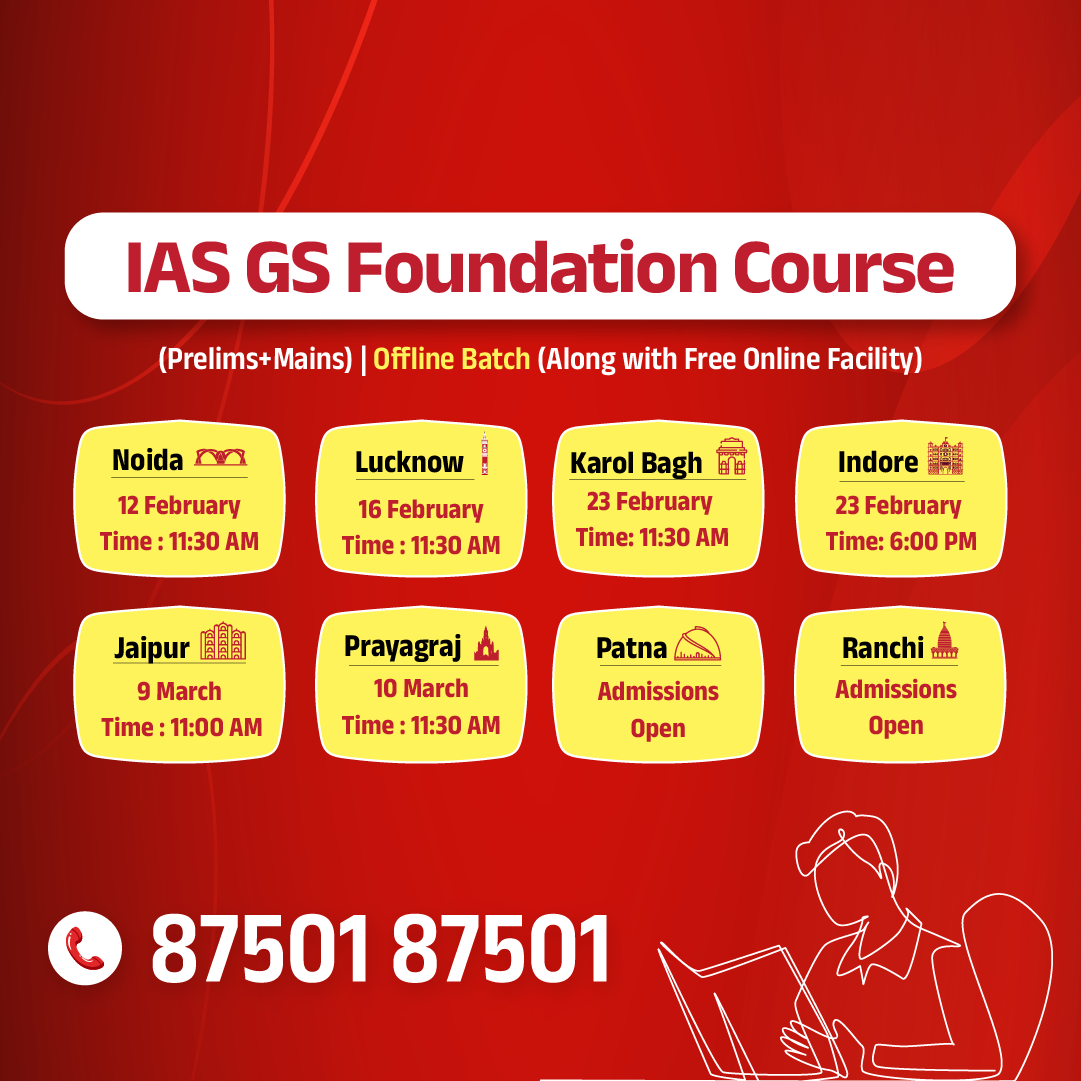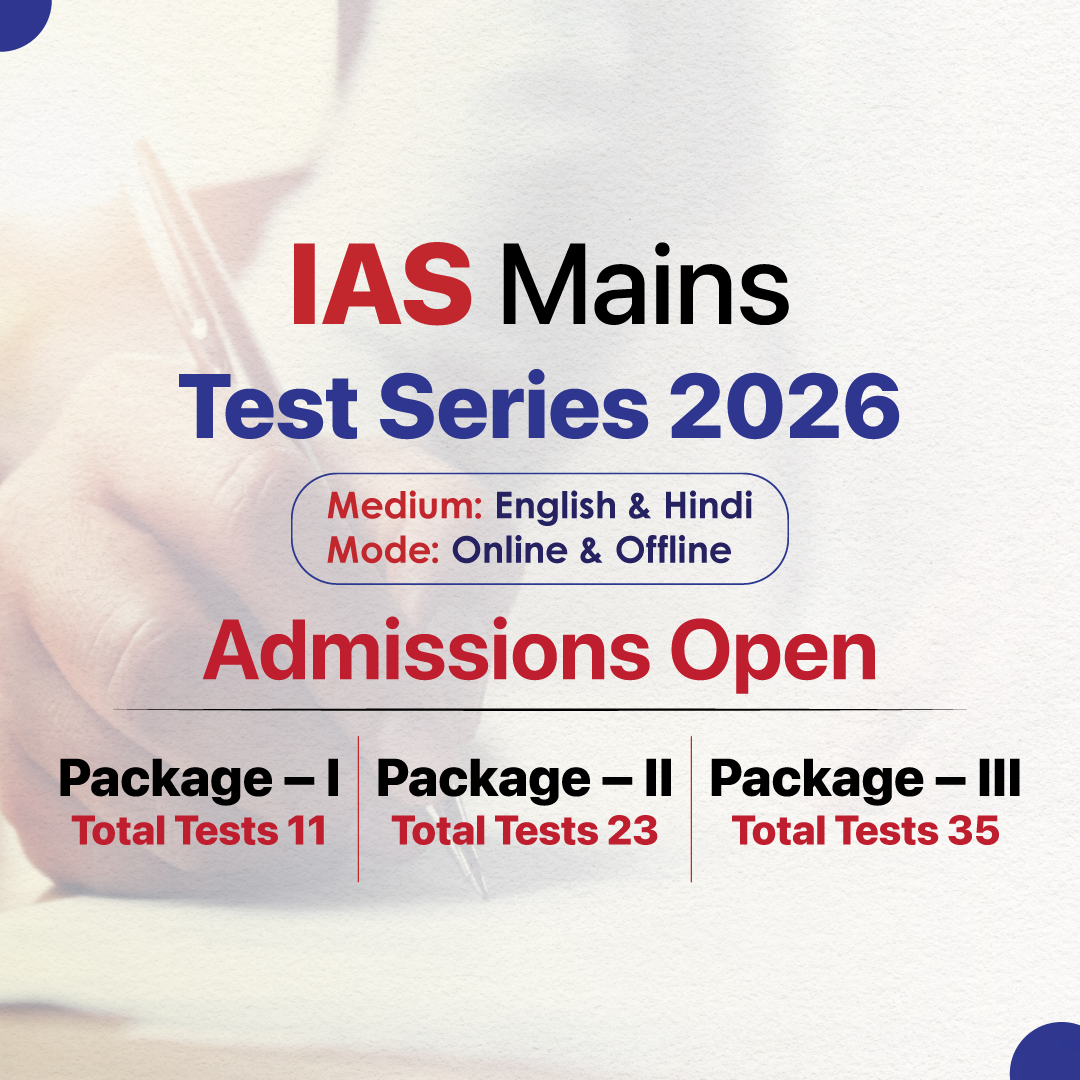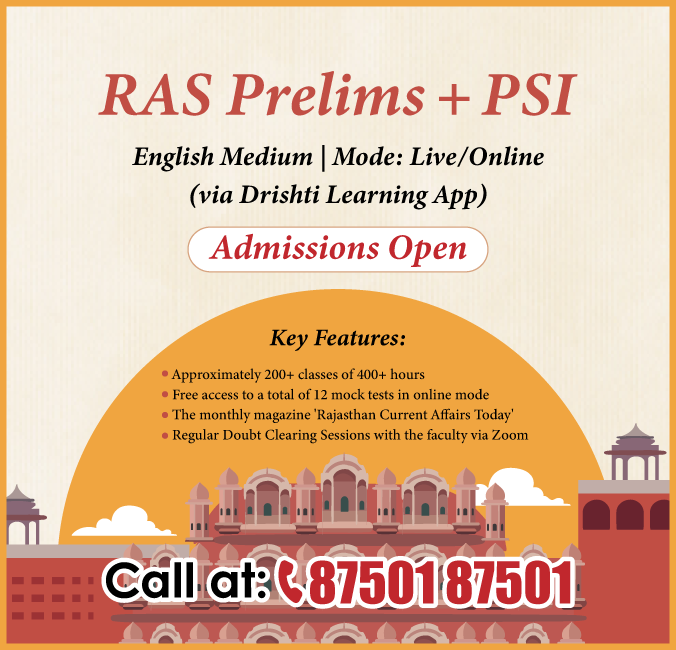Jharkhand Switch to Hindi
Jharkhand to Control Sickle Cell Disease
Why in News?
On World Sickle Cell Awareness Day (19th June), CM Hemant Soren reiterated Jharkhand’s commitment to combating sickle cell disease, emphasising a comprehensive approach to treatment and awareness.
- The CM emphasised that raising awareness and increasing screening to ensure early diagnosis and treatment are crucial in eradicating sickle cell disease.
- He urged collective efforts from government bodies, healthcare professionals, and organisations like UNICEF to combat the disease.
- World Sickle Cell Disease Day: The World Sickle Cell Disease Day is observed on 19th June. The United Nations General Assembly adopted a resolution recognising SCD as a public health problem on 22nd December 2008.
- The UNGA also recognised SCD as one of the first genetic diseases.
Sickle Cell Disease (SCD)
- SCD is an inherited disorder where abnormal haemoglobin causes red blood cells (RBCs) to become rigid and sickle-shaped, impairing their ability to carry oxygen.
- Symptoms:
- Chronic Anaemia: Leading to fatigue and weakness.
- Painful Episodes: Sudden and severe pain, known as sickle cell crises.
- Delayed Growth and Puberty.
- Treatment:
- Blood Transfusions: Relieve anaemia and reduce pain crises.
- Hydroxyurea: Reduces painful episodes and complications.
- Bone Marrow/Stem Cell Transplantation: Potential cure.












.jpg)







.png)


.jpg)

 PCS Parikshan
PCS Parikshan

